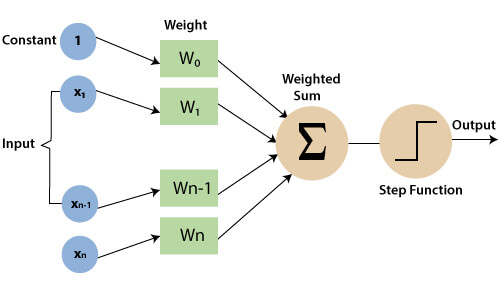What is a language model? N-gram models (unigrams, bigrams, trigrams), together with their probability modeling and issues. Chain rule and n-gram estimation.

Home Page and Blog of the Multilingual NLP course @ Sapienza University of Rome
What is a language model? N-gram models (unigrams, bigrams, trigrams), together with their probability modeling and issues. Chain rule and n-gram estimation.

Introduction to Supervised, Unsupervised & Reinforcement Learning. The Supervised Learning framework. From real to computational: features extraction and features vectors. Feature Engineering and inferred features. PyTorch vs Tensorflow. The perceptron model. What is Deep Learning, training weights and Backpropagation.

Introduction to classification in NLP. The task of Sentiment Analysis. Probabilistic classification. Logistic Regression and its use for classification. Explicit vs. implicit features. The cross-entropy loss function.
Introduction to NLP in Rome. Introduction to Natural Language Processing: understanding and generation. What is NLP? The Turing Test, criticisms and alternatives. Tasks in NLP and its importance (with examples). Key areas.
We gave an introduction to the course and the field it is focused on, i.e., Natural Language Processing and its challenges.